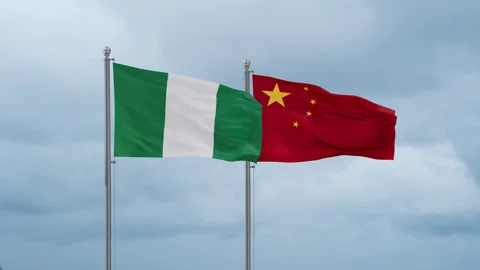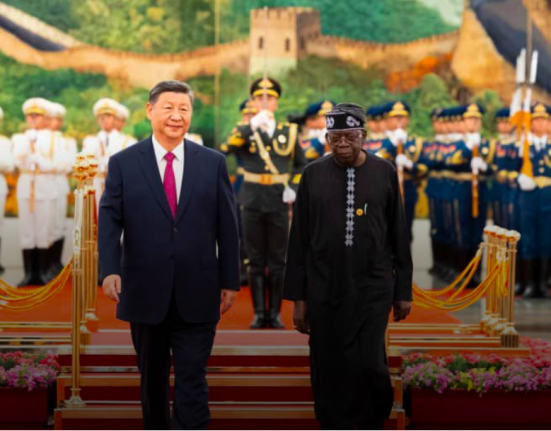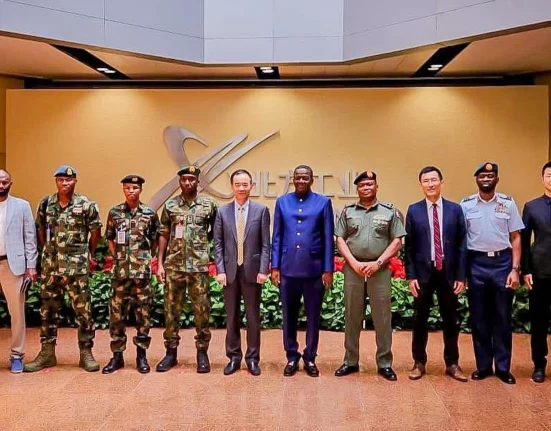The government of the People’s Republic of China has emphatically declared that any attempts by the United States to contain or restrain its rise on the global stage are not only futile but “absolutely impossible.” This firm statement was made amid ongoing diplomatic tensions between the two global powers, highlighting the deepening geopolitical rivalry that has come to define 21st-century international relations.
Speaking during a recent press briefing in Beijing, a senior spokesperson for China’s Ministry of Foreign Affairs asserted that the era of unipolar dominance is over, and no country, regardless of its military or economic might, can suppress the legitimate development and strategic ambitions of the Chinese state. The statement comes as Washington continues to strengthen alliances in the Asia-Pacific region through security pacts like AUKUS, reinforce military presence near the South China Sea, and impose trade restrictions on Chinese tech firms.
Beijing, however, insists that such moves are provocative and counterproductive, accusing the U.S. of adopting a Cold War mentality and meddling in regional affairs under the guise of promoting a “rules-based international order.”
Chinese officials argue that their country’s progress is based on sovereignty, innovation, and multilateral cooperation—principles they claim are being undermined by American containment strategies.
In response to U.S. efforts to curtail Chinese influence in sectors like semiconductors, artificial intelligence, and telecommunications, Beijing has doubled down on its commitment to self-reliance and technological independence. President Xi Jinping, in several recent addresses, has called on Chinese enterprises to prepare for external challenges while continuing to project China’s growing stature as a key player in global governance, trade, and security.
International analysts observe that the rhetoric from both sides is intensifying as competition extends from military and trade dynamics to ideological and technological spheres. While the U.S. maintains that its actions are meant to ensure regional stability and protect the interests of its allies, China views them as direct threats to its sovereignty and long-term vision, including its Belt and Road Initiative and reunification goals concerning Taiwan.
With both nations wielding considerable economic and military power, the global community continues to watch closely, urging restraint and dialogue. However, judging by Beijing’s latest pronouncements, China is making it clear that it will not bow to external pressure or accept any framework that seeks to limit its global aspirations.







